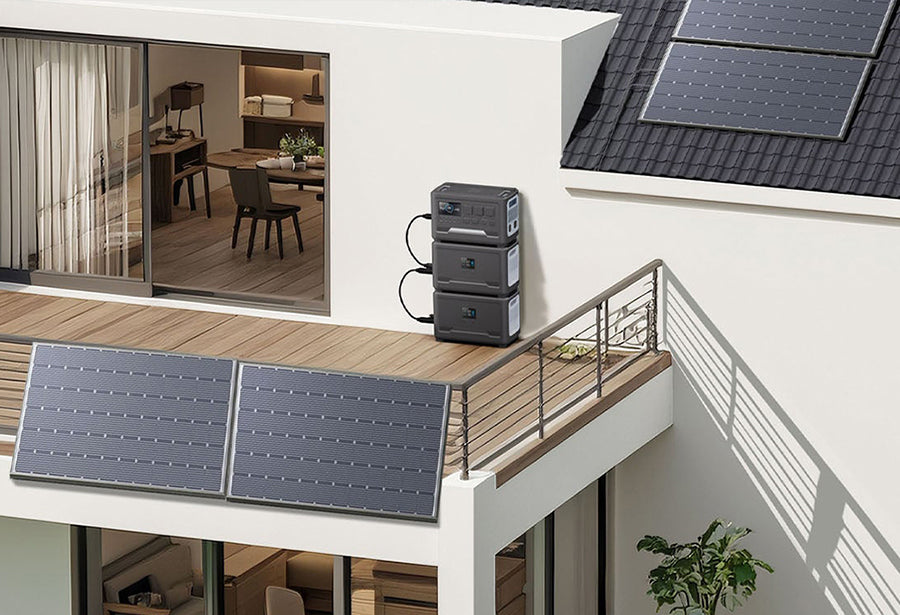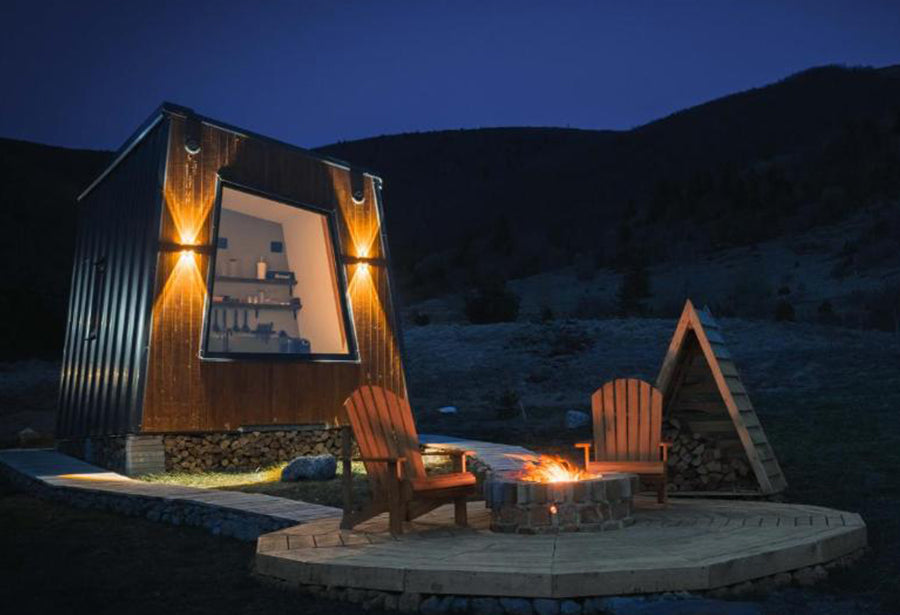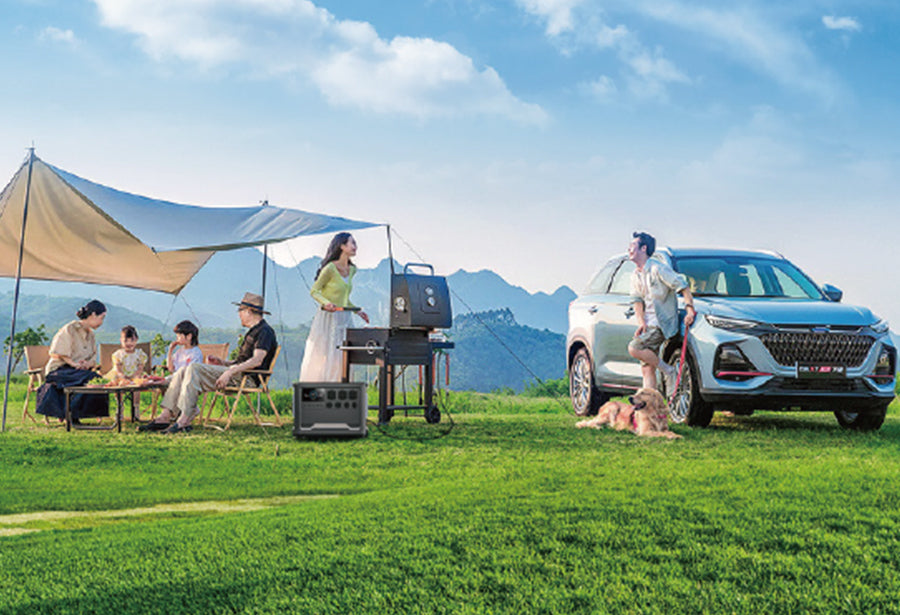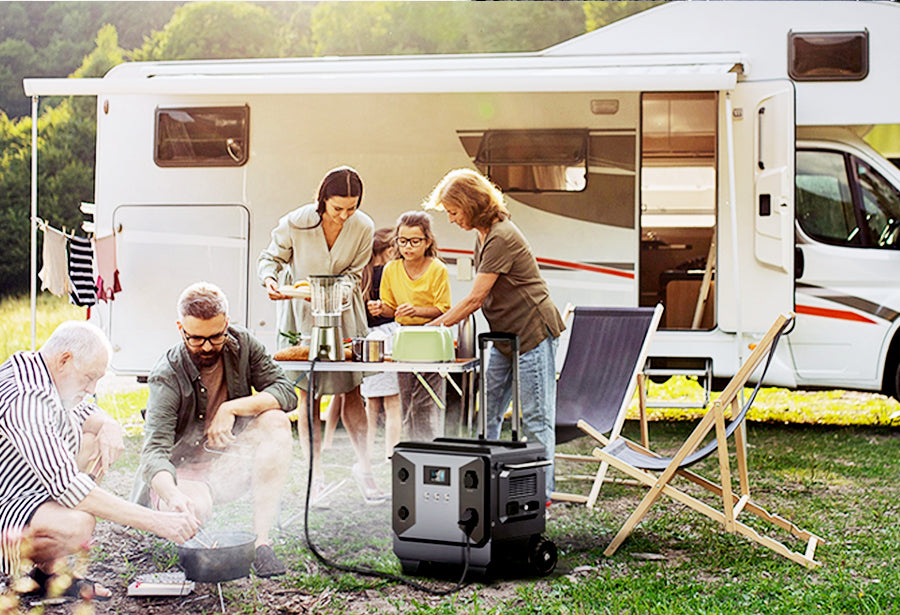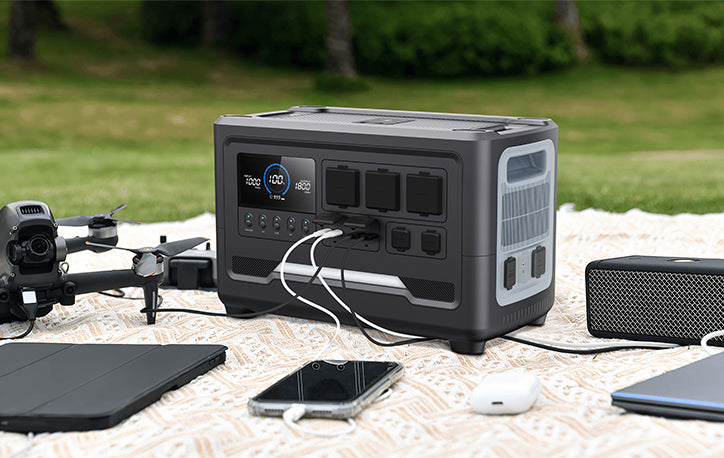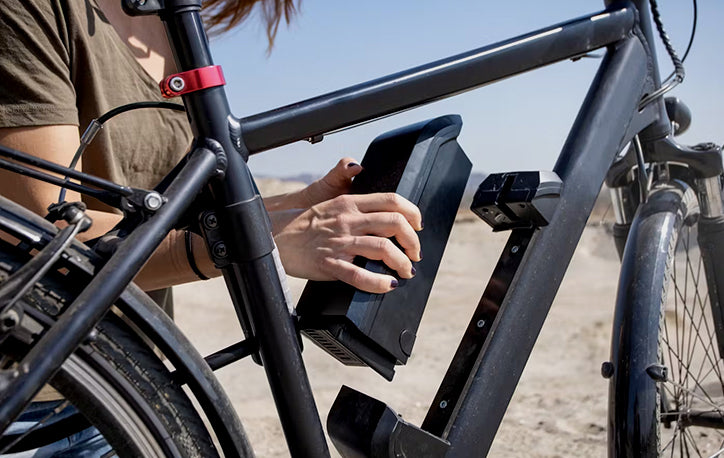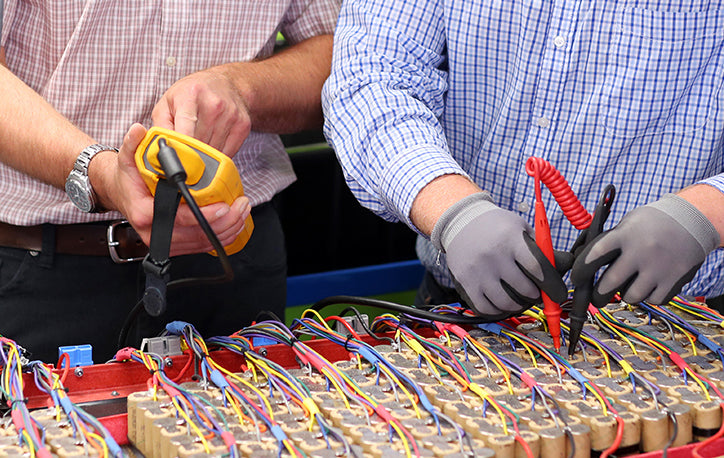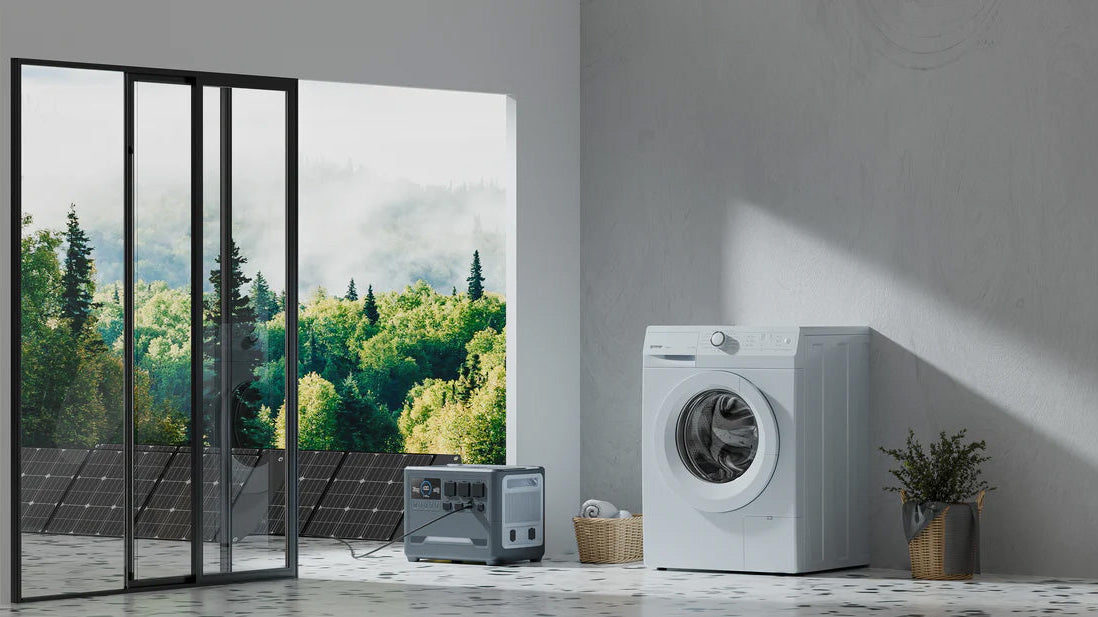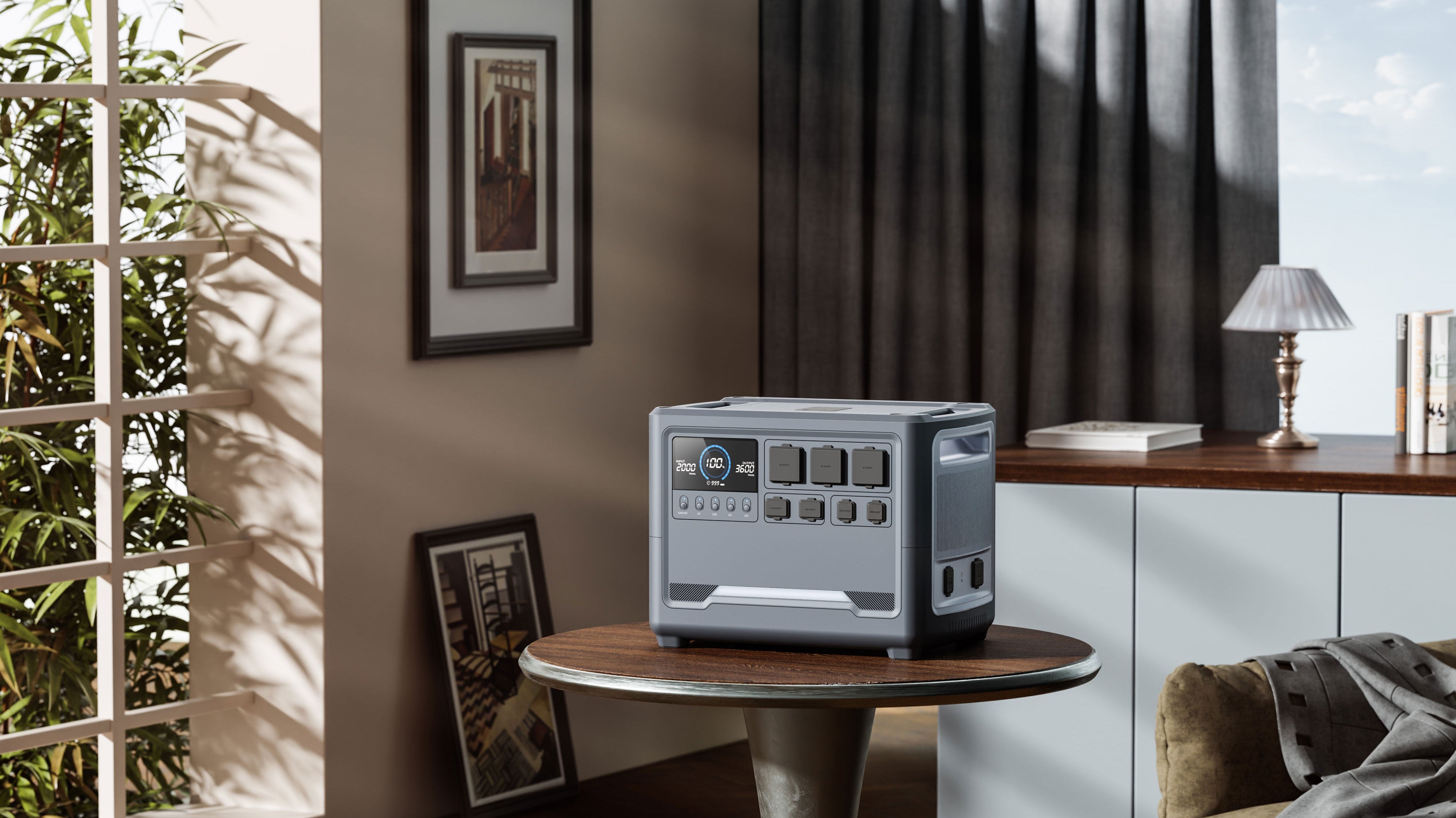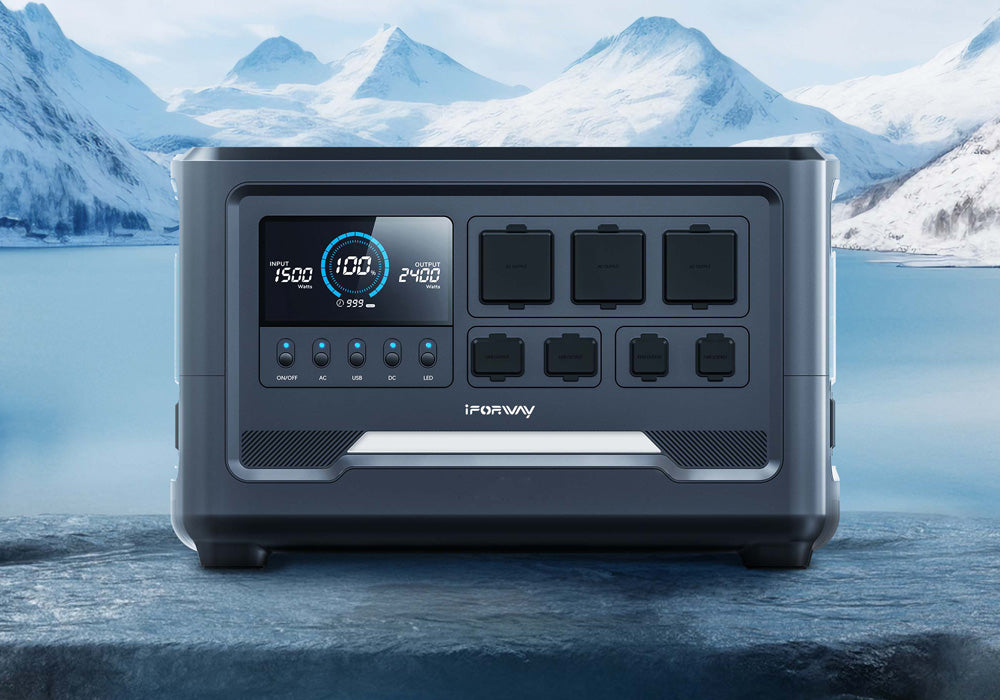Recent Posts
Blog Tags
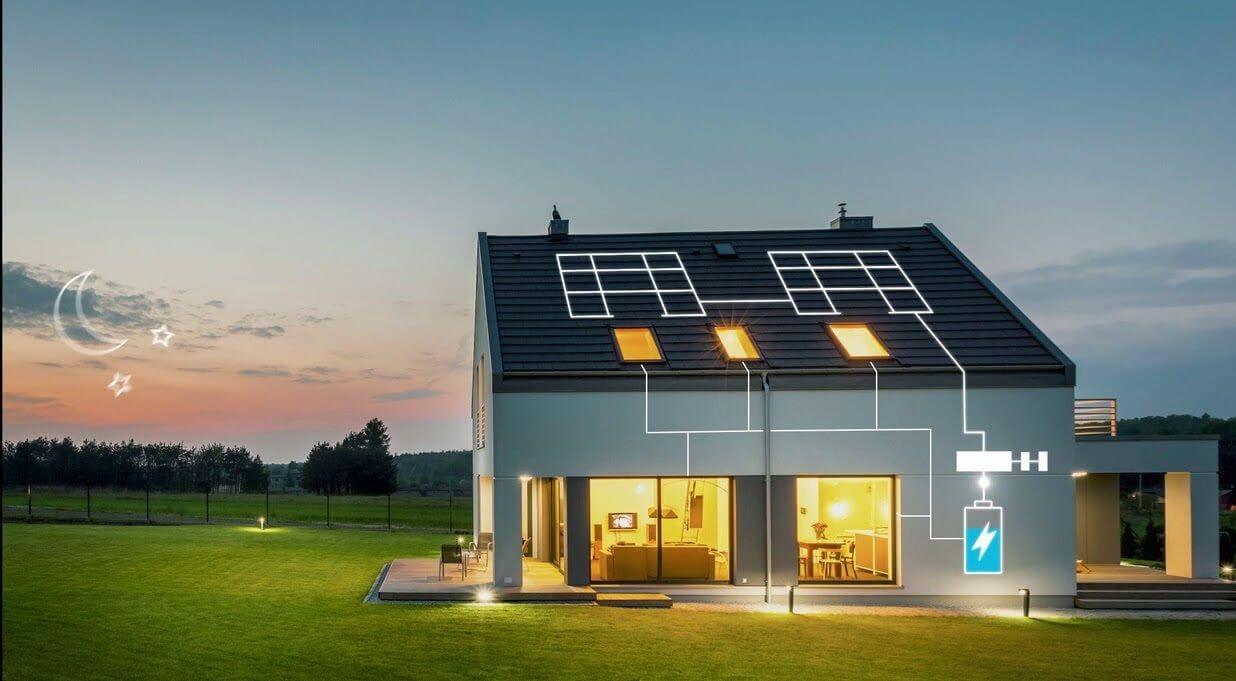
Home energy storage systems can help residents reduce their reliance on the grid, whether used in conjunction with solar panels or as standalone systems, allowing homeowners to lessen their energy use's impact on the climate and gain more control over their power. With increasing concerns about extreme weather and rising utility costs, along with attractive state and federal incentives, more people are considering installing battery storage systems. According to research by Fortune Business Insights, the global residential backup power market is expected to nearly double by 2032.
“For households with high electricity rates or time-of-use pricing, using stored power during peak hours can significantly reduce electricity bills.” The savings are even more pronounced when used alongside solar panels. “And for areas that frequently experience power outages, having energy security and flexibility is a major advantage.”
But is a home energy storage system right for you? The answer is “it depends.” Several factors need to be considered when making this decision, including your location, utility pricing, whether you have (or plan to install) solar panels, and your budget. Finding a reliable installer is also crucial, as they can help you choose the right system based on your specific needs and guide you through the installation process. Here are some key points to consider.
What is Home Energy Storage?
In simple terms, a home energy storage system can capture and store electrical energy for later use. This concept typically refers to solar batteries that store excess electricity generated by solar panels to provide backup power for the home. It can also refer to standalone home battery systems that charge by connecting directly to the grid, used for backup power or capturing cheaper electricity.
Solar Batteries
Solar panels allow homeowners to no longer depend entirely on the grid. After installing a battery, you can store excess electricity generated during the day and use it at night, on cloudy days, or whenever needed, significantly reducing the demand for electricity from the grid. If the battery is fully charged, any surplus energy can also be sent back to the grid.
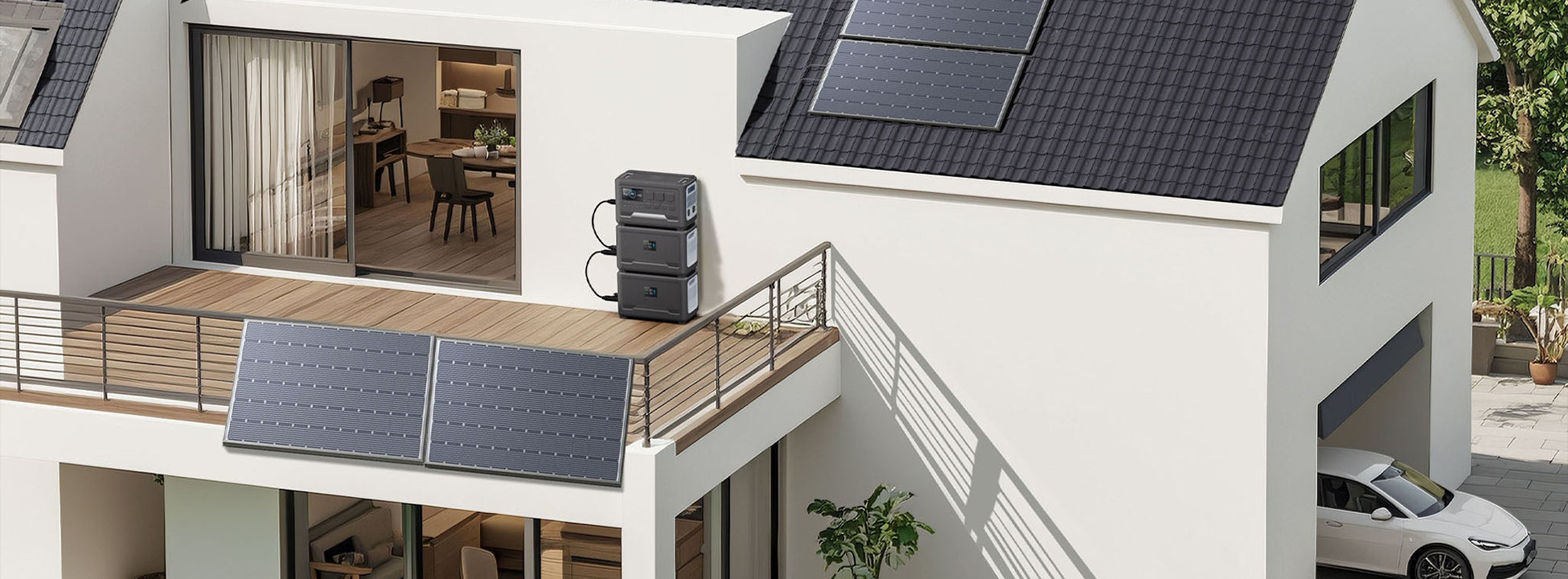
Although adding a backup battery system significantly increases the overall cost of solar panels, its presence makes the goal of complete grid independence more feasible. Energy storage expert Dave Roberts explains that without batteries, solar panel owners might limit their investment potential. A study published in Applied Energy found that homeowners with solar panels but no batteries only used 30%-40% of their generated electricity, while those with batteries could reduce their grid electricity usage by up to 84%.
Standalone Home Energy Systems
In contrast, standalone home energy systems are not limited by renewable energy sources. These devices come in various forms, from portable versions to full-size installations in homes, charging by connecting to the grid. Their primary function is similar to generators, serving two main purposes: providing backup power during outages and reducing utility costs by charging during off-peak hours and discharging during peak hours.
Is a Home Energy Storage System Right for You?
While there are many benefits to investing in a home energy storage system, whether it’s suitable for you depends on several factors. To determine if investing in a system is worthwhile, consider the following questions:
-
Are outages frequent? If your area experiences frequent power outages or if restoration takes a long time, storing power might be a good choice. “In this case, you might consider using a battery as a backup power source,” she states. “Power outages can lead to significant losses.”
-
Is your utility’s net metering agreement unfavorable? An ideal 1:1 net metering means that the transaction between you and the utility is equal, allowing any excess power you send to the grid to be returned in kind. If your agreement is less than ideal, solar panel owners might consider using batteries for self-consumption. “This way, you can avoid sending and withdrawing power from the grid, instead producing and consuming most (sometimes all) of your power on-site,” Walker explains.
-
Are you affected by time-of-use rates or demand charges? If electricity prices in your area fluctuate significantly (with peak rates often being much higher), you might consider using a battery to save on electricity costs. “Many battery systems come with software that helps you strategically use your battery to avoid drawing power from the grid during the most expensive times.”
-
Are there local incentive programs available? If you have the funds to pay for a home energy storage system, you might consider purchasing a battery to meet future needs. “Incentives can significantly reduce battery costs, but this opportunity won't last forever,” she notes. “If you find good incentives, now might be a great time to buy a battery.”
How Much Can Home Energy Storage Save You?
The potential savings from a home energy storage system can be substantial, but the specific amount depends on various factors, and there isn't a fixed figure to reference.
First, consider standalone systems. It’s essential to understand that batteries can not only allow homeowners to store electricity from the grid but can also store cheaper electricity. For example, if you have a standalone battery storage system and live in an area with time-of-use pricing, peak rates may be up to twice the normal price. When electricity prices dip below normal levels, the device’s monitoring system alerts you to charge the battery with cheaper power. When energy costs are high (like in the evenings or during heat waves), you can use the backup power to save on expenses. Homeowners using a standalone battery system during cheaper rates could reduce their electricity bills by 40% or more.

For homeowners with both solar panels and batteries, the savings can be even more significant. Since they no longer need to frequently draw power from the grid, their bills can drop considerably. “Homeowners with a battery storage system and renewable energy (usually solar PV panels) can maximize their renewable energy usage,” Roberts states. “This means they draw less power from the grid, thus reducing their electricity bills accordingly.” He mentions that electricity bills could decrease by as much as 85% annually.
It’s important to note that the specific value of savings depends on multiple factors, including system size, the generation capacity of the solar panel array, and how often people utilize lower electricity rates. “Homeowners should clarify what benefits they hope to gain from the system, understand their electricity bills, and work with installers to achieve those goals,” Roberts adds.

